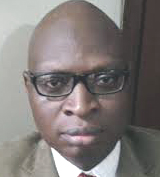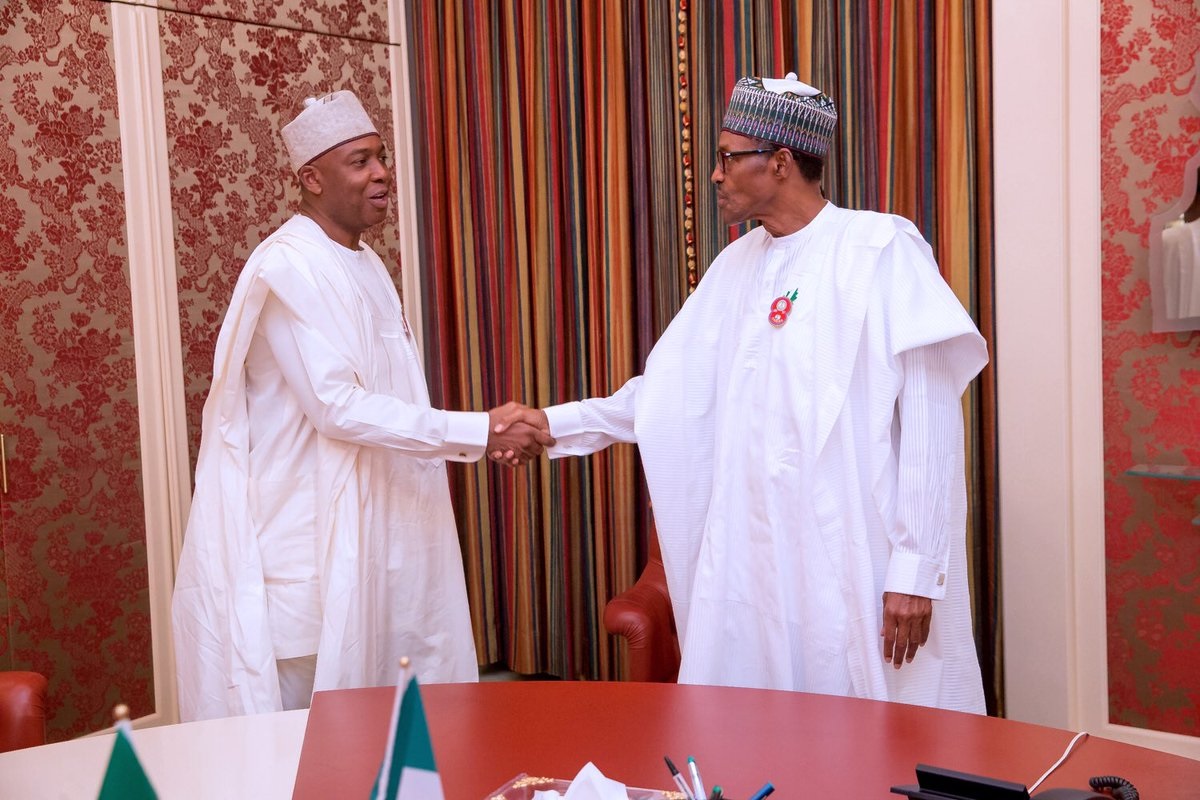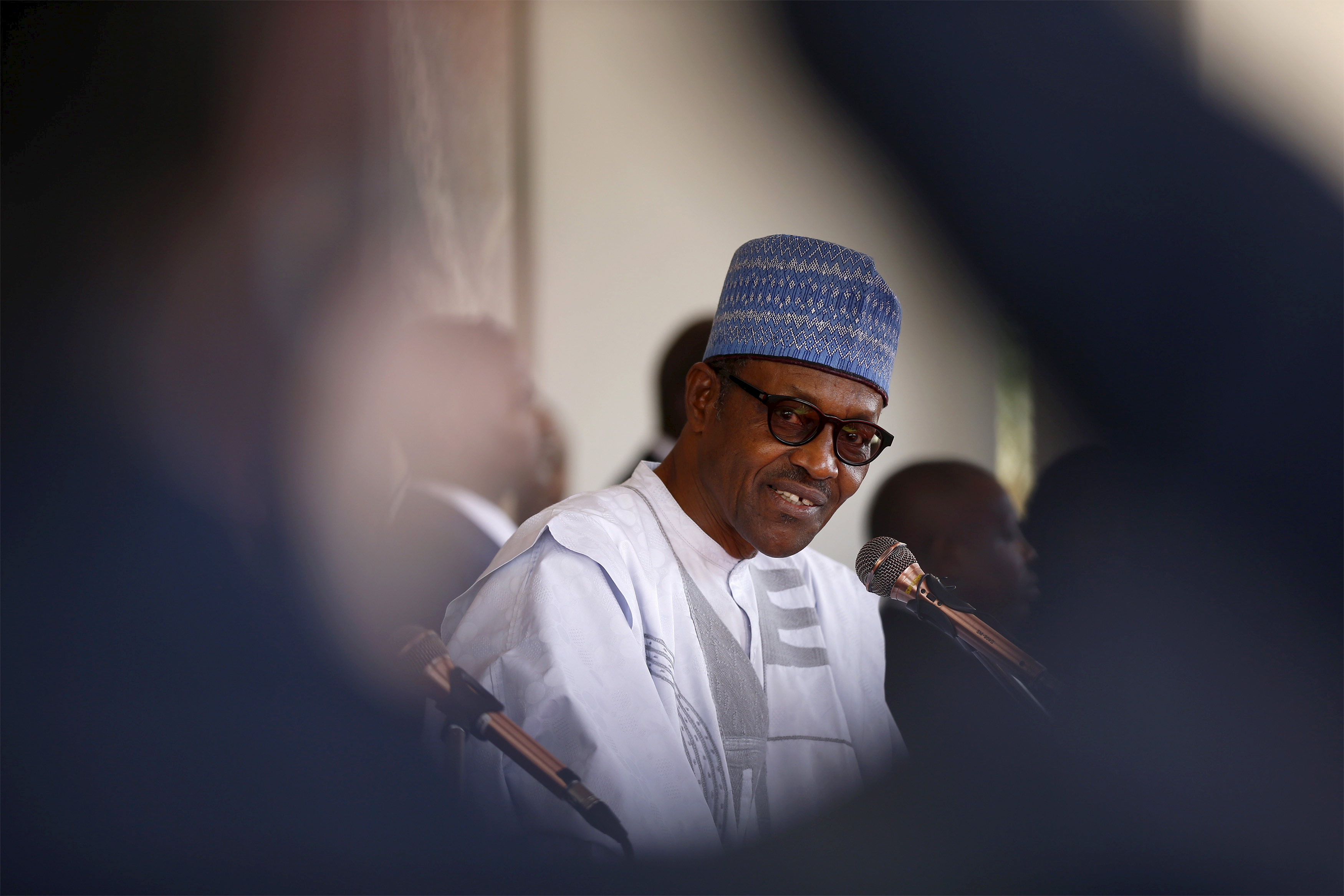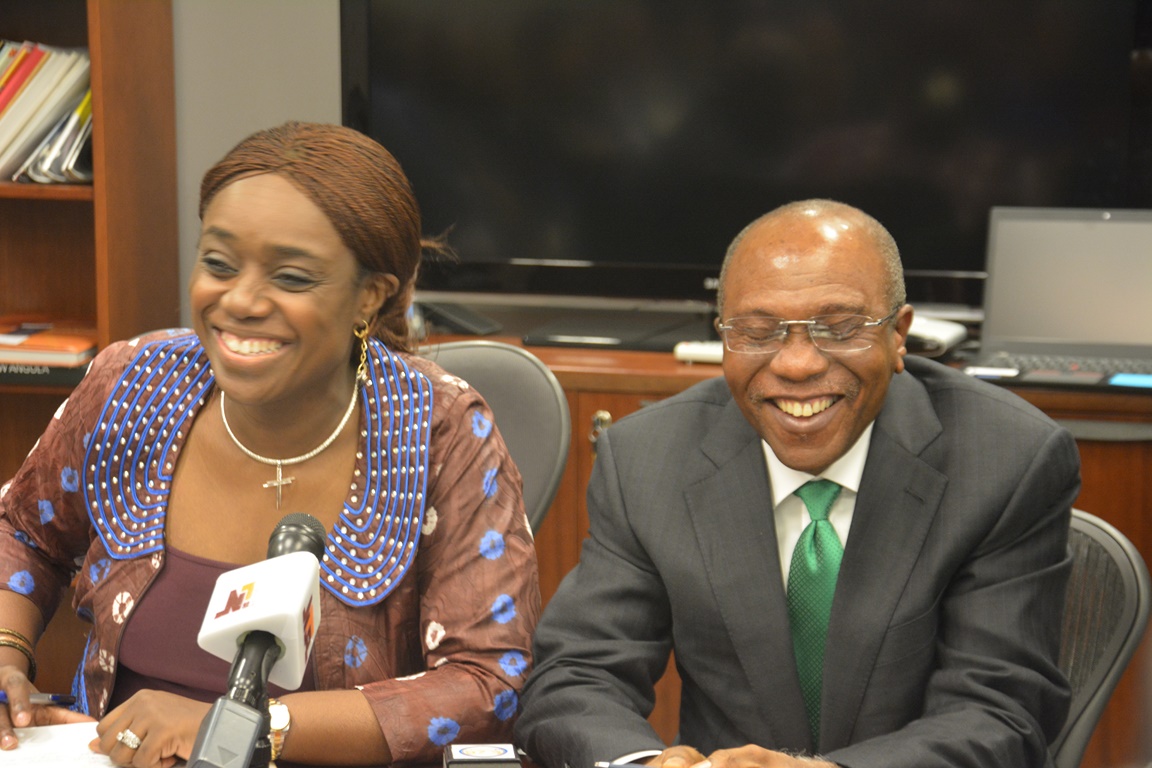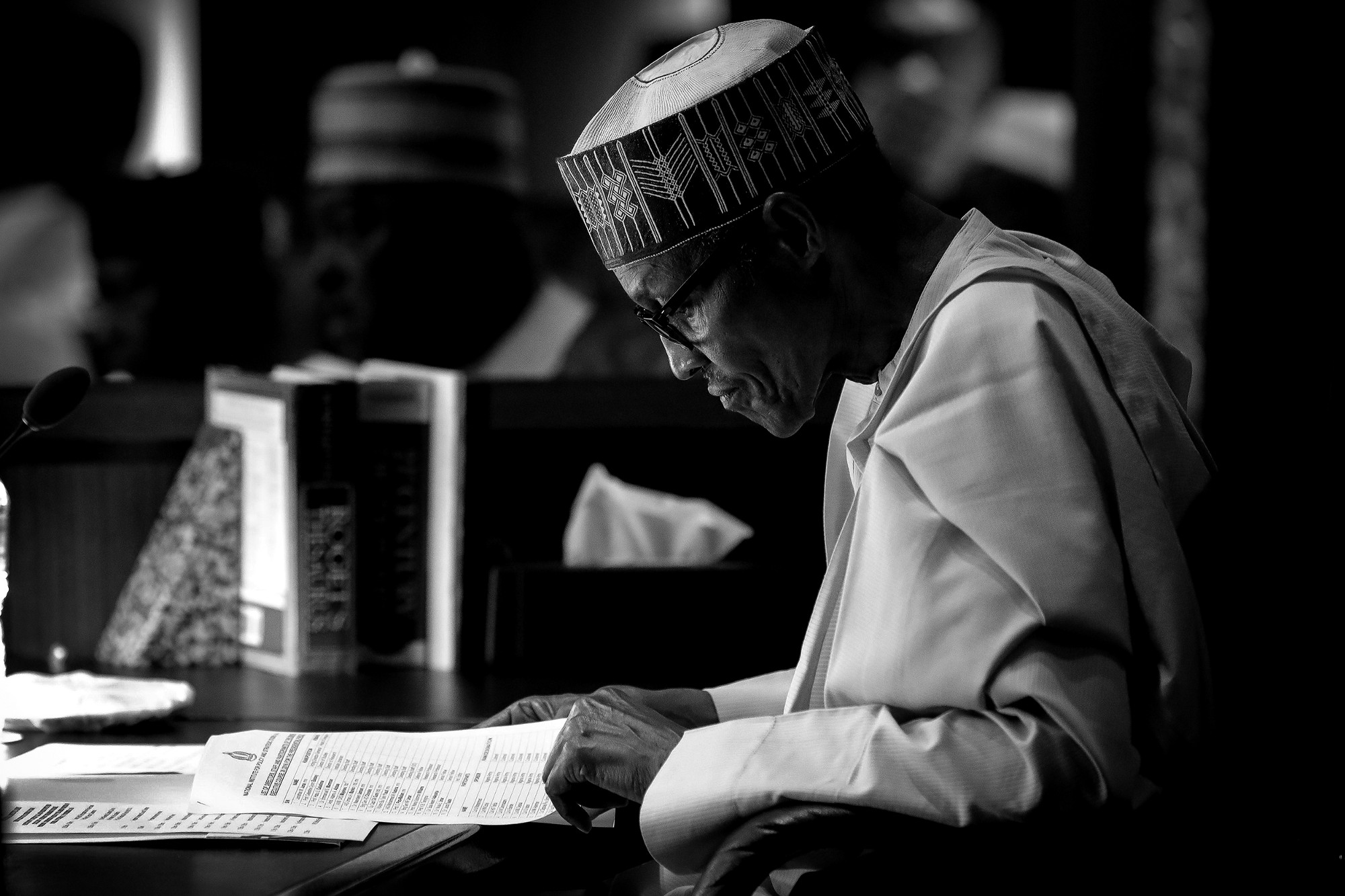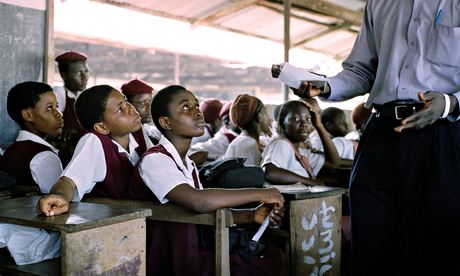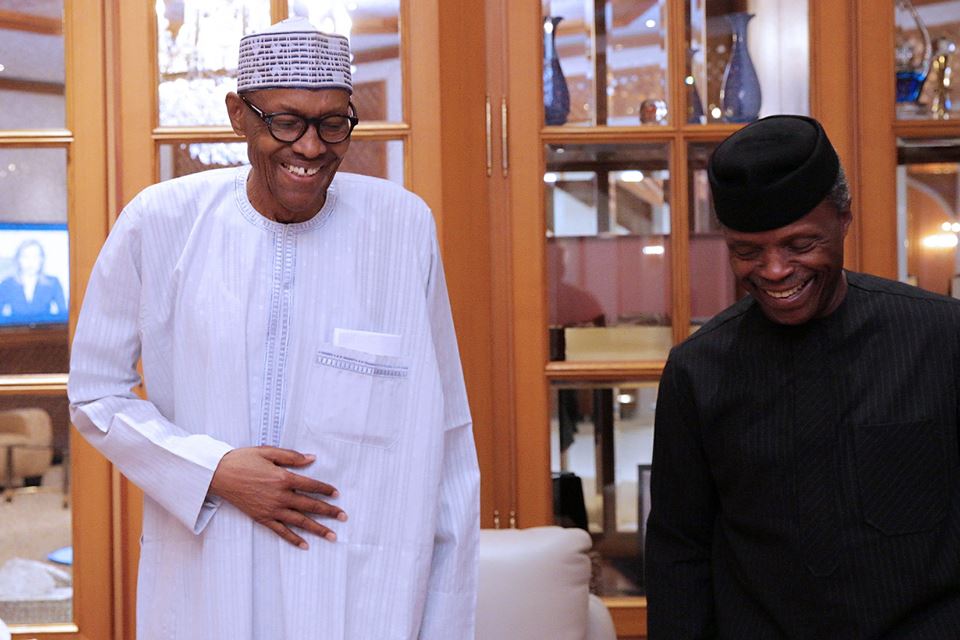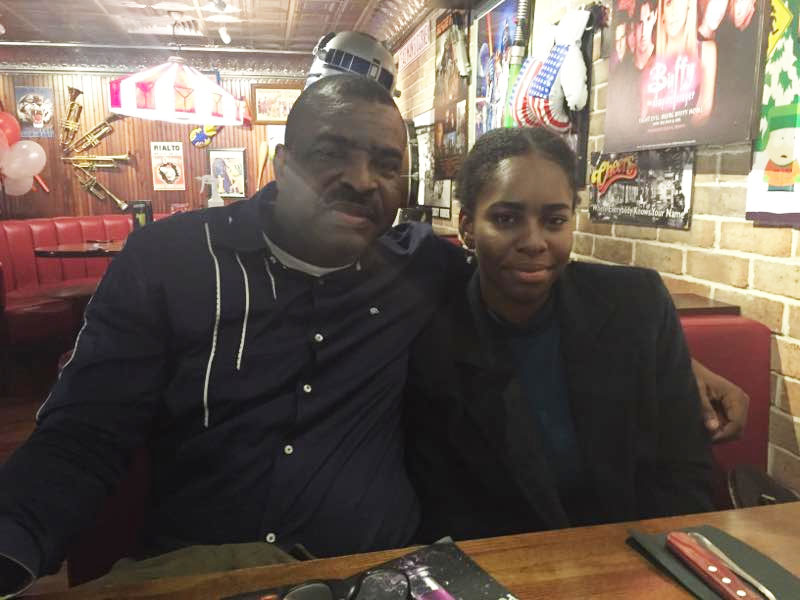It’s often said that one person with a belief and courage is a social power equal to ninety-nine who have only interests. Nigeria would seem to have produced such person when president Muhammadu Buhari assumed office on Friday, 29 May 2015, at least judging by his perceived anti-corruption credentials during his stint as a military head of state in the mid-80s.
But the famous dictum that Buhari is ‘Mr Integrity’ personified that could take on the corrupt system in the country may after all not be wholly true if the corruption crisis, and apparent lack of capacity or will by his government to end the prevailing impunity of perpetrators are anything to go by.
On assumption of office, Buhari put fighting grand corruption, sending high-ranking officials and politicians to jail and recovering stolen public funds at the top of his list of priorities and political agenda, something the public overwhelmingly supported. But over two years after, his supposed anti-corruption agenda would seem to be falling apart.
The Nigerian democratic project still looks very much like a system run on a basis of self-interest and profit. The simple truth of the matter is that the Buhari/Professor Yemi Osinbajo government is neither “frying big fish” (sending top officials and politicians to jail) nor promoting the much-needed reform in the justice system that could hold corrupt leaders to account, serve as a robust protection against systemic corruption and allow access to effective remedies by those affected by corruption.
Advertisement
Corruption remains in full public view. A handful of Buhari’s friends have come under criticism for their apparent mixing of official position and business interests, but no charges have been brought against them. Much of the noise has been in the opposition camp.
The outcry against the recent judgment of the Code of Conduct Tribunal letting the Senate President Bukola Saraki off the hook by discharging and acquitting him of all false asset declaration charges, brought against him in September 2015, seems to suggest that the public is no longer having any of the excuses by the government as to why its professed anticorruption agenda is tottering. The government has appealed the judgment but public optimism of a positive outcome appears low.
The Saraki’s case is just the latest in a series of major corruption cases that the Buhari/Osinbajo government has lost in recent times. So, it has become so easy for public officials and top politicians to steal with almost absolute impunity.
Advertisement
This increasing level of corruption in the public sphere and the abject failure of the criminal justice system and anti-corruption agencies to secure convictions in clearly simple corruption cases have battered public trust and confidence, and strengthened the perception that corruption is unavoidable.
Apart from the cosmetic sacking of some officials in the Budget Office, those leaders of the Senate and the House of Representatives accused of ‘padding’ the 2016 budget or tampering with our commonwealth are allowed to walk free; the president and acting president couldn’t even respond to the letter of the whistle-blower Abdulmumin Jibrin urging the government to do justice in the matter.
Several lawmakers and former governors under corruption investigation are getting away with their alleged crimes. Former first lady Patience Jonathan and some of the judges accused of corruption have also been set free, due to a combination of factors, ranging from the incompetence of the criminal justice system to political expediency.
The leadership of the National Assembly and many of their members, top politicians, and state governors (who have refused to pay workers’ salaries for several months despite the so-called bailout funds they got from Buhari) are taking full advantage of the president’s absence (away in London for medical treatment) to exploit the system for financial and other benefits, and position themselves for the 2019 general elections.
Advertisement
The government doesn’t seem to have the capacity or will to end the growing evidence of intense inter-agency rivalry and conflicts within the security and anti-corruption agencies.
The justice system and key anti-corruption agencies like the Economic and Financial Crimes Commission, Independent Corrupt Practices and Other Related Offences Commission, Code of Conduct Tribunal, you name it—that are supposed to provide accountability—seem overwhelmed and overpowered by Aso Rock power brokers, the leadership of the National Assembly, state governors, and no match for a small but powerful group of politicians, a coterie of elite bureaucrats, and those in their inner circle.
The tragedy of the country’s criminal justice system is that it’s quick to impose maximum punishment on petty criminals while curiously reluctant to get tough with top officials and politicians who confuse their private accounts with the public treasury.
A government’s role, especially in a democracy, is first and foremost to uphold the rule of law but under Buhari/Osinbajo’s watch, the judiciary and operation of the rule of law have weakened considerably, to the point that orders of properly constituted courts are now routinely disobeyed by the government.
A landmark judgment by Justice Idris of the Federal High Court in Lagos ordering the government to publish and account for the spending of recovered stolen public funds since the return of democracy in 1999, and another by Justice Kolawole of the Federal High Court in Abuja ordering the release of the leader of Islamic Movement of Nigeria, Sheikh Ibraheem Elzakzaky and his wife, Zeinab, remain ignored.
Advertisement
Yet, persistent disobedience of court orders is a recipe for state tyranny and corruption to grow and take even deeper root.
The country is dropping deeper into a pattern of corruption, impunity, insecurity, and instability; with Nigerians still feeling a complete disconnect between what’s happening down in Aso Rock, and what’s happening on their doorstep.
This isn’t the ‘change’ that Nigerians apparently voted for.
It’s rather unfortunate that Nigerian politicians seem more concerned with their personal gratification than the relief of poverty and suffering of their own people. The love for public treasury and personal aggrandisement has in effect dried up in them the milk of human kindness. Systemic corruption has caused the majority of the citizens to fall below an unacceptable level of well-being while corrupt officials are taking care of their own families, relatives and associates.
Let there be no mistake: Nigerians won’t buy into the Buhari and Osinbajo’s anti-corruption agenda if they can’t even challenge corrupt behaviours within their own government.
It’s true that corruption cannot be eradicated overnight but combating the problem requires a fundamental change of direction and not more of the same. Radical reforms of the anti-corruption laws and institutions are overdue and must begin to happen now if the country’s anti-corruption agencies are to become more independent and free from the whims and caprices of the Attorney General of the Federation and Minister of Justice.
The fight against corruption has to be backed by firm and fair enforcement of the laws, and effective sanctions if top officials and politicians are not to continue to get away with their crimes. The judiciary and anticorruption agencies themselves would need to break free of the corrupt system to hold corrupt leaders to account, challenge the political elites and spoil their efforts to protect themselves.
Advertisement
Until Buhari and Osinbajo restore public trust in the criminal justice system and the credibility and legitimacy of anticorruption agencies, the corruption crisis would get even worst. If Buhari and Osinbajo are sincere about ‘rooting out corruption and jailing top officials’, the time is now for them to show courage and political will, and seize the initiative to revitalize the government’s crumbling anti-corruption agenda.
Olaniyan, PhD is the author of ‘Corruption and Human Rights Law in Africa’
Advertisement
Views expressed by contributors are strictly personal and not of TheCable.
Add a comment
